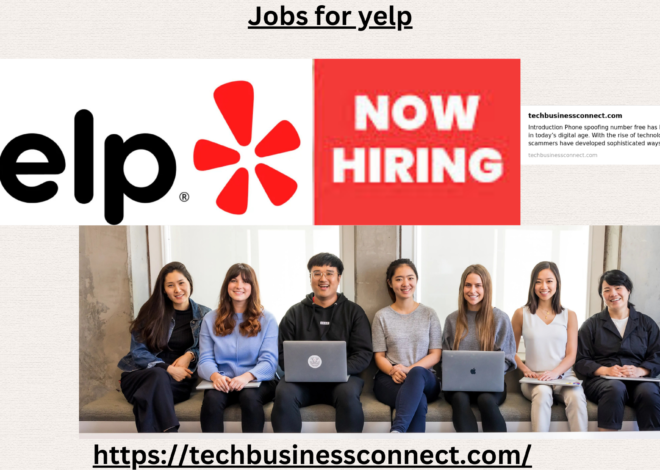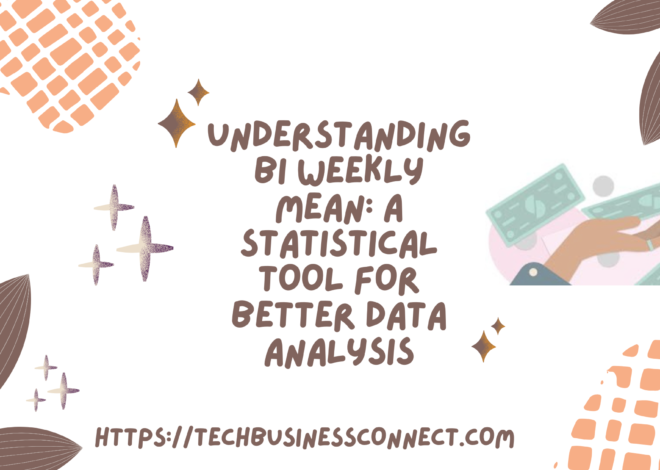
Perks That Work: How Employee Benefits Drive Engagement and Performance 2024
Perks that work in today’s fast-paced and competitive business world, companies are realizing that salary alone isn’t enough to attract and retain top talent. Modern employees are looking for more than just financial compensation—they want a work environment that supports their lifestyle, values their well-being, and offers them opportunities for growth. In response, companies are designing more innovative and thoughtful perk packages. These perks, which go beyond traditional benefits like health insurance and retirement plans, are a powerful tool for enhancing employee satisfaction, boosting engagement, and improving overall business performance.
In this article, we will explore various types of perks that work have proven to be effective in driving employee engagement and performance. From wellness programs and flexible working arrangements to professional development opportunities and recognition initiatives, we’ll look at how these perks that work help create a culture where employees can thrive.
1. Wellness Programs: Supporting Health and Well-being Perks That Work
Employee wellness programs have become a staple in many perks that work, with companies recognizing the importance of supporting their employees’ physical and mental health. Wellness initiatives can take many forms, from subsidized gym memberships and on-site fitness classes to mindfulness workshops and access to mental health professionals.
Why they Perks that Work:
- Improved productivity: Healthy employees tend to be more productive. When perks that work feel physically and mentally well, they are less likely to take sick days and more likely to stay focused on their tasks.
- Lower healthcare costs: By promoting preventive care and healthy habits, wellness programs can reduce the overall healthcare costs for both employees and employers.
- Enhanced morale: Wellness programs show that the company cares about the holistic well-being of its employees, leading to higher job satisfaction and morale.
One notable example is Google, which offers comprehensive wellness perks that work, including on-site fitness centers, free healthy meals, and mental health support. These initiatives not only help Google employees maintain a balanced lifestyle but also contribute to the company’s high employee retention rates.
2. Flexible Working Arrangements: Empowering Work-Life Balance
Perks that work flexibility has become a key driver of employee satisfaction, especially in the wake of the COVID-19 pandemic, which dramatically altered the traditional workplace model. Offering remote work options, flexible hours, or hybrid models allows employees to better manage their personal and professional responsibilities.
Why they Perks that Work:
- Increased autonomy: Flexible working arrangements give employees more control over how, when, and where they perks that work. This autonomy can lead to increased motivation and accountability, as employees are trusted to manage their own time.
- Reduced burnout: Perks that work flexibility helps employees avoid burnout by allowing them to take breaks when needed, accommodate personal needs, and avoid long commutes. In turn, this improves long-term job performance and loyalty.
- Broader talent pool: Remote and flexible work arrangements open the door to hiring from a global talent pool, enabling companies to attract highly skilled candidates who might not be located near the company’s physical offices.
Perks that work companies like Salesforce and Dropbox have adopted permanent remote-first policies, allowing their employees to work from wherever they are most productive. This shift has not only increased employee satisfaction but also helped the companies access diverse talent from all over the world.
3. Learning and Development: Fostering Growth and Progress
Perks that work employees today, particularly Millennials and Gen Z workers, value opportunities for continuous learning and career development. Companies that invest in the professional growth of their employees—whether through formal training programs, mentorship, or tuition reimbursement—are more likely to attract ambitious individuals who are eager to advance their skills.
Why they Perks that Work:
- Retention of top talent: Employees who feel that their company is invested in their growth are more likely to stay with the company long-term. Learning opportunities also create clear career paths, reducing turnover.
- Innovation and creativity: Learning and development programs encourage employees to expand their knowledge and think creatively, which can lead to new ideas and innovations that benefit the company.
- Employee empowerment: When employees are equipped with new skills, they feel more confident and empowered to take on challenges and contribute meaningfully to the business.
For instance, Accenture offers extensive training programs for its employees, including leadership development courses and certifications in emerging technologies. This not only boosts employee morale but also ensures that the company stays at the forefront of industry trends.
4. Recognition and Rewards: Celebrating Achievements
Recognition is a powerful motivator. Whether it’s a simple “thank you” for a job well done or a formal recognition program, acknowledging employees’ efforts can go a long way in boosting morale and creating a positive workplace culture.
Why they Perks that Work:
- Increased engagement: When employees feel appreciated, they are more likely to be engaged in their work. Recognition reinforces positive behaviors, leading to higher levels of performance.
- Stronger team dynamics: Public recognition of employees fosters a sense of community and collaboration, as it promotes a culture of mutual support and respect.
- Motivation to excel: Recognition and rewards create a culture of achievement. Employees are motivated to go above and beyond when they know their efforts will be acknowledged.
Companies like Zappos have built a reputation for their robust employee recognition programs. Zappos offers employees “WOW” awards for outstanding performance, along with peer-to-peer recognition systems that allow team members to praise each other. This has helped foster a culture of appreciation, which in turn drives employee satisfaction and loyalty.
5. Workplace Environment: Designing Spaces for Collaboration and Comfort
The physical work environment plays a crucial role in how employees feel about their jobs. Modern office designs that prioritize comfort, collaboration, and creativity can significantly improve employee productivity and well-being. Additionally, companies are increasingly offering employees the ability to personalize their workspace, creating a sense of ownership and belonging.
Why they work:
- Increased creativity: Open and collaborative office spaces can spark creativity and encourage team collaboration, leading to innovative ideas and solutions.
- Enhanced well-being: Comfortable and aesthetically pleasing workspaces contribute to a more relaxed and stress-free atmosphere, helping employees stay focused and energized.
- Positive company culture: A well-designed workplace reflects the company’s culture and values, creating an environment where employees are proud to work.
Companies like Airbnb and Apple are known for their thoughtful office designs. Airbnb’s headquarters feature collaborative spaces that mimic the company’s home-sharing ethos, while Apple’s corporate campus is designed with creativity and nature in mind, providing employees with outdoor workspaces and tranquil surroundings. These environments are designed to enhance both productivity and employee satisfaction.
6. Family-Friendly Perks: Supporting Work and Family Life
Many employees juggle the demands of work with the responsibilities of family life, and companies that offer family-friendly perks are often viewed as more compassionate and supportive. Family-oriented benefits include paid parental leave, childcare assistance, and flexible work hours to accommodate family needs.
Why they work:
- Work-life balance: Family-friendly perks help employees balance their personal and professional lives, reducing stress and allowing them to focus on their work without worrying about family obligations.
- Higher retention rates: Employees who feel supported in their family life are more likely to stay with the company long-term, as they value the flexibility and understanding that these perks provide.
- Attracting diverse talent: Offering family-friendly perks can make a company more attractive to a diverse range of candidates, particularly working parents or caregivers.
Facebook offers generous family-oriented benefits, including four months of paid parental leave and reimbursement for child care expenses. These perks have helped Facebook retain top talent while also supporting the well-being of its employees.
7. Purpose-Driven Perks: Aligning with Values
Today’s workforce is increasingly motivated by purpose and values. Companies that offer perks related to social responsibility, such as paid volunteer days, matching charitable donations, or sustainability initiatives, can inspire employees to feel more connected to their work and the company’s mission.
Why they work:
- Increased motivation: Employees are more likely to feel passionate and motivated about their work when they believe their company is making a positive impact on society.
- Stronger company loyalty: Purpose-driven perks foster a sense of pride and loyalty, as employees want to be associated with a company that aligns with their values.
- Attracting socially-conscious talent: Purpose-driven benefits attract employees who care about making a difference and want to work for a company that shares their values.
Salesforce is an example of a company that offers purpose-driven perks. Salesforce employees receive seven paid days off per year to volunteer for causes they care about, and the company matches employee donations to nonprofit organizations. This approach not only boosts employee engagement but also strengthens Salesforce’s reputation as a socially responsible company.
Conclusion
The modern workforce demands more than just competitive salaries. Employees are looking for comprehensive perks that support their well-being, personal growth, and work-life balance. Companies that provide meaningful perks not only attract top talent but also create a more engaged and productive workforce. Wellness programs, flexible work arrangements, learning opportunities, recognition, and purpose-driven perks all contribute to building a thriving organizational culture where employees are motivated, satisfied, and loyal.
As businesses continue to evolve, so too must their approach to employee perks. By embracing these innovative benefits, companies can foster a more inclusive, dynamic, and successful workplace—one where employees are empowered to do their best work while feeling valued and supported.


